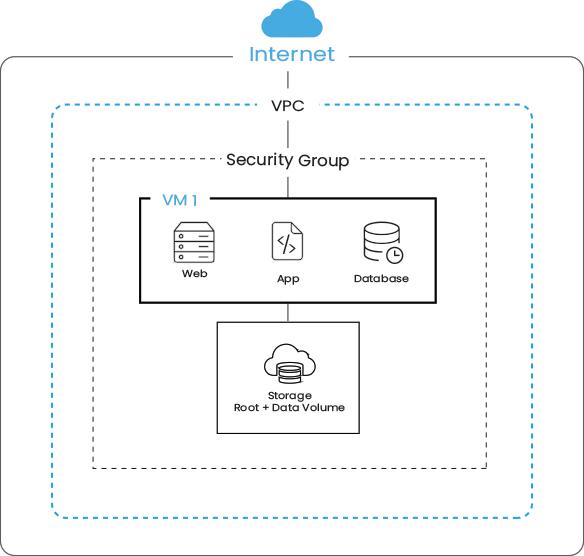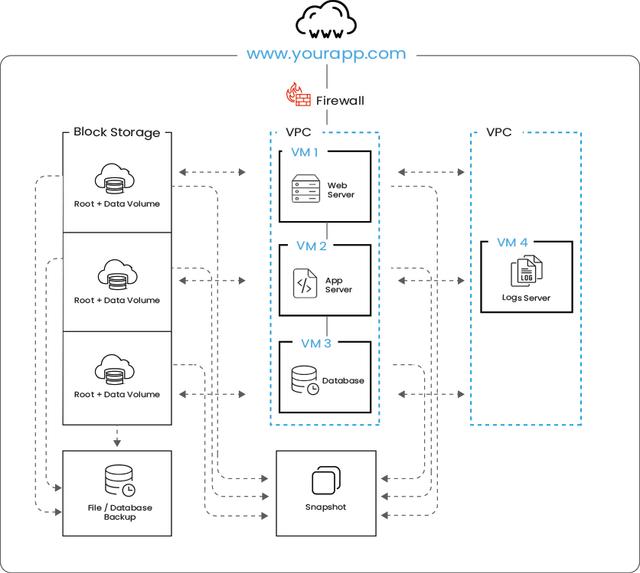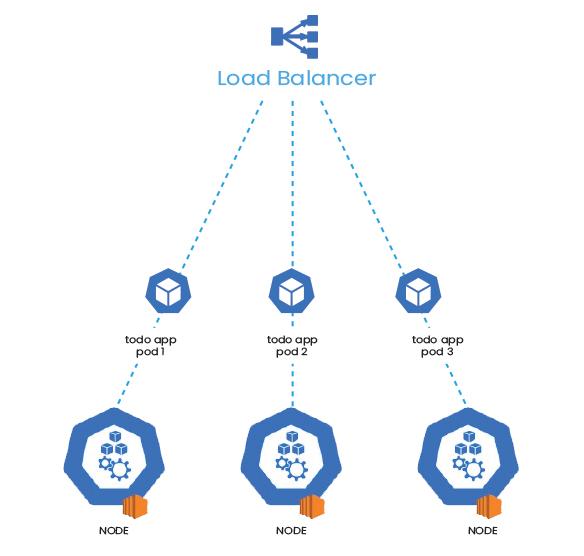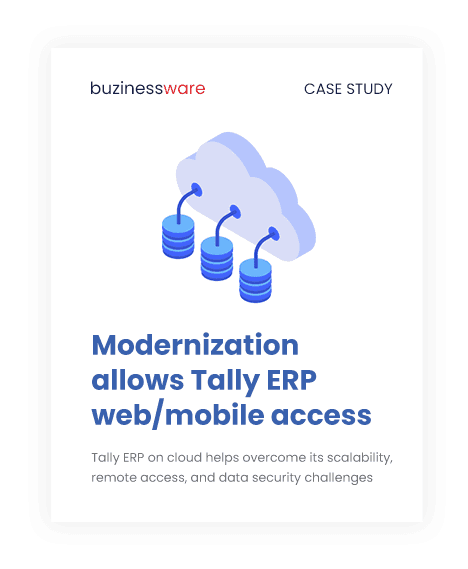All inclusive
Fully Managed Hosting in UAE
Delivered as a fully managed experience, our cloud hosting solution ensures best-in-class architecture, configurations & services on cloud provider of choice in UAE

SMB Hosting
Get 100% fully Managed Web Hosting Experience wherein we deliver an all-inclusive Web Hosting service for your mission critical, traffic-heavy & resource intensive websites
More on SMB Hosting >Multisite Hosting
Suitable for group companies & corporate houses to manage multiple sites with unified controls
More on Multisite Hosting >Ecommerce Hosting
Ultrafast, highly-optimized servers for your ecommerce stores with top-notch security
More on Ecommerce Hosting >Application Hosting
Best Hosting solution for your Mobile, Web, Desktop & Legacy Application Modernization
More on Application Hosting >More than infrastructure. It’s about your success
Our managed cloud hosting solution bundles a ton of features as standard to deliver an optimised environment, engineered for scale, performance & security helping you focus on your business goals rather than daily administrative tasks
Host your way
Cloud Provider of Choice
Deploy your application on AWS, Digital Ocean, GCP, Buzinessware etc
Languages and Frameworks
Choose the technology that will help you succeed as per your business needs
Deployment Options
Deploying virtual machines (VMs), containers, or container clusters

Simple is King
Unified control panel to manage your solution from anywhere, anytime
- Automation and orchestration
- Project management
- Automated deployment and scaling
- Advance monitoring with alert notification
- Governance & Compliance management
- End to end encryption
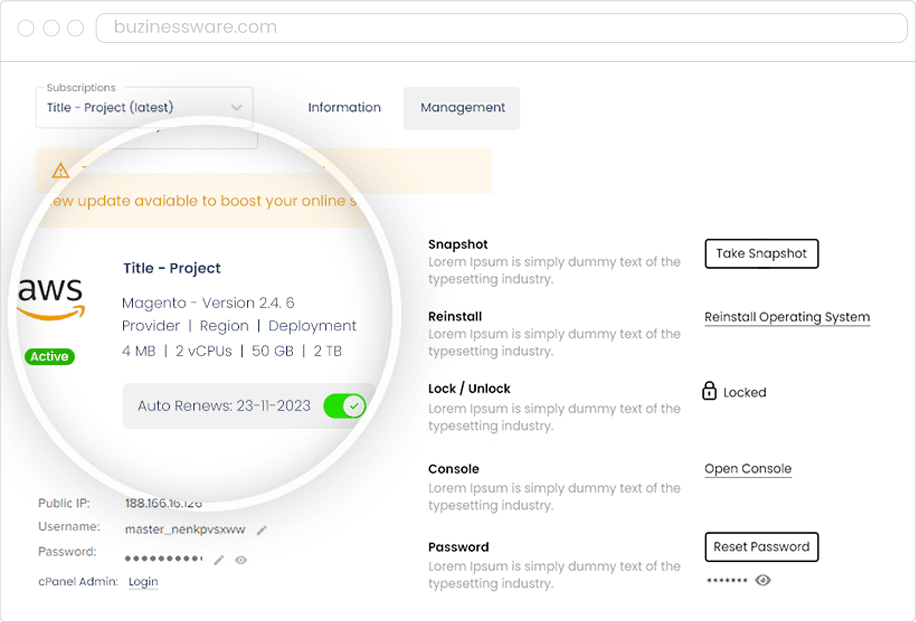
Maximize Performance
Offering seamless scalability and lightning-fast responsiveness to meet the dynamic demands of modern digital landscapes
- Infrastructure Optimization
- Content Delivery Network (CDN)
- Cache TTL Expiry
- Geo Based Load Balancing
- Anycast DNS
- HTTP/2 Enabled Servers
- 24/7 Performance Monitoring

Shielding your Cloud for success
Cloud hosting security ensures data protection and threat mitigation
- Web Application Firewall (WAF)
- L3/L4 DDoS Protection
- 2048-bit SSL Certificates
- SSH & SFTP Login Controls
- OWASP ModSecurity Core Rule Set
- Bot Mitigation & Spam Protection
- Security Vulnerbility/PCI Scans
- Malware Monitoring & Alerting

Application-level caching
Redis, Memcached, varnish etc. Deploying virtual machines (VMs), containers, or container clusters
Website Firewall (WAF)
Cloud-based WAF that actively blocks malicious traffic. Safeguard your particular application or website against cyber threats with Custom WAF Rules
OWASP Core Ruleset
Automatically incorporates the OWASP ModSecurity Core Rule Set to defend against the primary vulnerabilities identified by the Open Web Application Security Project (OWASP)
Page Rules
Redis, Memcached, varnish etc. Deploying virtual machines (VMs), containers, or container clusters
Application-level caching
Redis, Memcached, varnish etc. Deploying virtual machines (VMs), containers, or container clusters
Application-level caching
Redis, Memcached, varnish etc. Deploying virtual machines (VMs), containers, or container clusters
Knowledge is Power
Real-time monitoring & analytics to help you make informed descisions
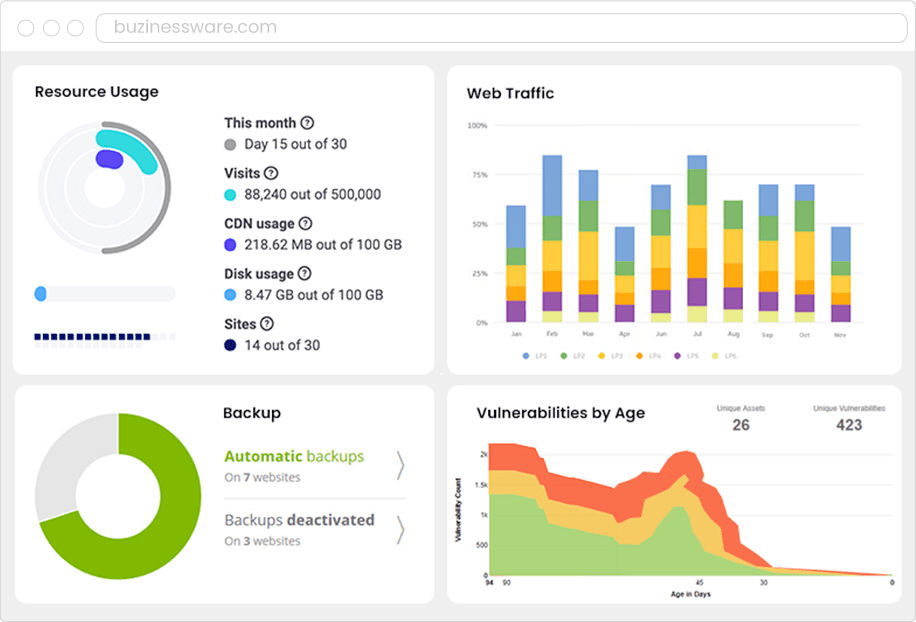
We’ve got your back
All Cloud Hosting Servers provisioned through buzinessware are delivered as a Managed Service with following benefits INCLUDED FOR FREE
![]() INITIAL
INITIAL
SETUP
![]() 24/7 PRIORITY
24/7 PRIORITY
SUPPORT
![]() REALTIME
REALTIME
MONITORING
![]() SECURITY
SECURITY
MANAGEMENT
![]() PERFORMANCE
PERFORMANCE
REPORTING
![]() OPERATIONS
OPERATIONS
MANAGEMENT

Why it makes business sense to
work with buzinessware
10,000+ Hppy Customers trust us
“Great Service, very reliable. Been working with European based service providers, and comparatively, found BW to be far ahead in terms of customer service and prompt response. Love the 24 hour availability. Keep it up guys”
“We recently upgrade our server with BW and very happy with the process and whole up gradation dose not impact our daily work routine as they ask you for the best time to make such changes. GOOD JOB”
“I appreciate your quick response and follow up on the issue until it resolves. Thanks for the best professional assistance as expected. Excellent 24/7 customer support and very much supportive and friendly staff. That makes this company the first choice for cloud hosting in UAE”
“Number one hosting & services in UAE. I’ve been customer and dealing with them since 2016. Amazing and fast responding from the support team fast and quick help from the team Jayesh help more and follow up with me step by step till solve the issue in 20 min Thank you Best Team Buzinessware FZCO Dubai”
10+ Global Data Centers
We’ve got at-scale capabilities across all clouds – AWS, DigitalOcean, GCP, Azure to Buzinessware Cloud, backed by 24/7 support to deliver an optimised experience

















